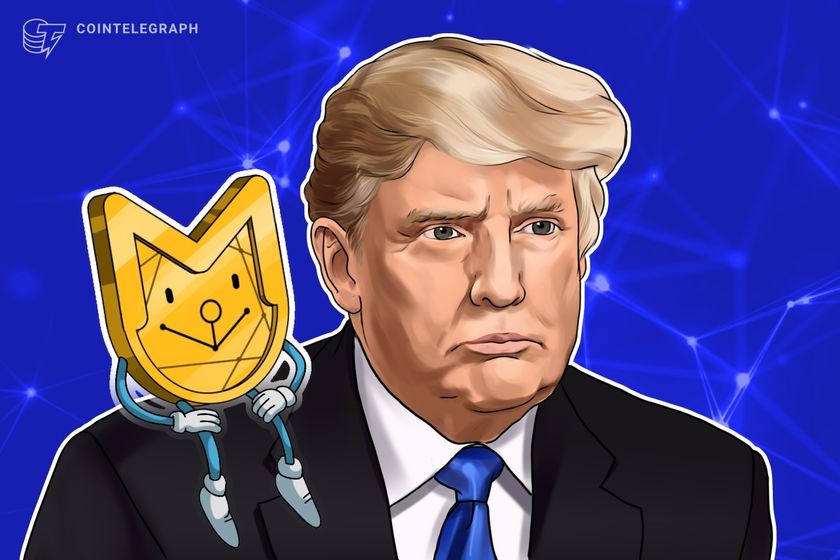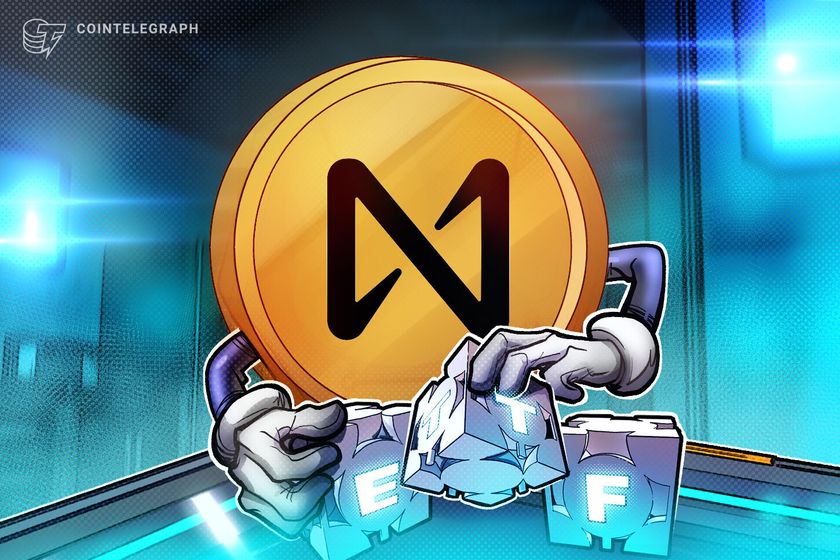Chainalysis policy lead Chengyi Ong warned crypto users may eventually have no choice but to deal with offshore unregulated exchanges.
News
Australia’s Bendigo Bank has become the fourth major bank in the country to announce blocks for “high-risk crypto payments,” citing the need to protect customers from investment scams.
The bank said on July 31 that it implemented new rules on instant payments to crypto exchanges that add “some friction to certain genuine payments,” according to its head of fraud, Jason Gordon.
It cited combatting fraudulent payments and enhancing protections for its 2.3 million customers as reasons for the blocks.
Screenshot of Bendigo Bank’s warning about investment scams. Source: Bendigo Bank
A Bendigo Bank spokesperson told Cointelegraph that certain instant crypto transactions that it identifies as higher risk will be blocked, but the bank is not disclosing further details at this time.
The spokesperson said it identifies high-risk transactions by employing “a combination of factors” but refused to comment on specifics. The bank said it was not disclosing what exchanges may be affected by its changes.
Bendigo Bank’s blocks follow similar actions in recent months from three of Australia’s Big Four banks — Commonwealth Bank, National Australia Bank (NAB) and Westpac.
In an interview conducted before the recent Bendigo Bank announcement, Chainalysis APAC Policy Head Chengyi Ong warned that such actions would force Australia’s crypto public to interact with offshore exchanges.
Speaking to Cointelegraph, Ong argued that such blocks won’t stop criminal actors from using other platforms, crypto or not, while uncertainty over banking access could also drive crypto exchanges and users outside the jurisdiction of authorities.
Related: Kansas Heartland Tri-State Bank closed by FDIC as banking crisis deepens
Instead of cutting off exchanges, Ong says banks — alongside regulators, telecommunication providers and social media platforms — need to cooperate at every point of the scam lifecycle.
Dr. Aaron Lane, senior lecturer with the RMIT Blockchain Innovation Hub, told Cointelegraph that the best thing banks can do for consumer protection is to constructively work with exchanges, adding:
Australia has been weighing crypto-specific laws for over three years, and Dr. Lane urged lawmakers to take crypto law reform “out of the too-hard basket.”
Ong’s and Dr. Lane’s comments follow an official statement from the Department of the Treasury in June that included similar warnings.
The Treasury said it understands its inaction on debanking will stifle financial services competition and innovation and could “drive businesses underground and to operate exclusively in cash.”
Collect this article as an NFT to preserve this moment in history and show your support for independent journalism in the crypto space.
Magazine: Unstablecoins: Depegging, bank runs and other risks loom
Additional reporting by Brayden Lindrea.




